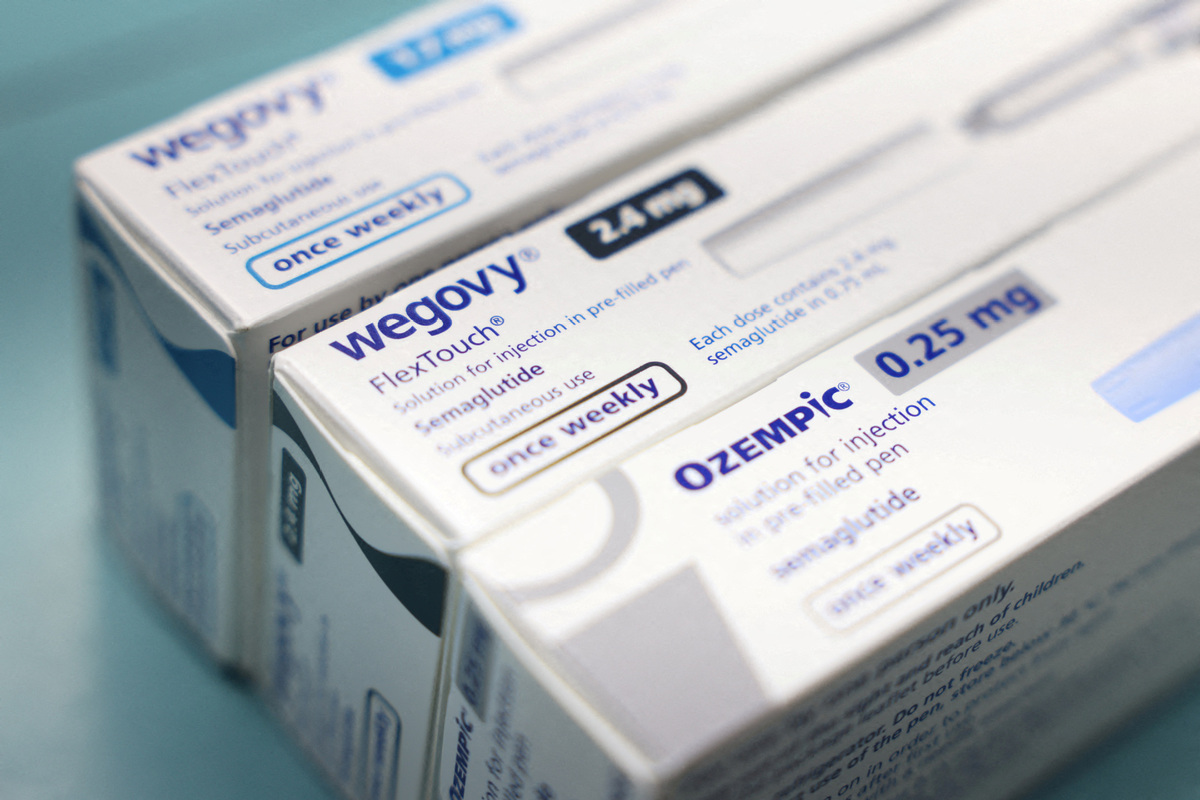Tariffs could make EU drug firms move


US President Donald Trump's order to delay the implementation of some import tariffs for 90 days offered a reprieve to many European industries but the continent's pharmaceutical giants are still worried about their future and thinking about relocating to the US, the sector's lobbying group has warned.
The European Federation of Pharmaceutical Industries and Associations, or EFPIA, said this week that while medicines have so far been exempt from Trump's tariffs, the potential for levies in the future is motivating many European pharmaceutical giants to consider relocating.
The EFPIA told the European Commission, the executive branch of the European Union, that the bloc should try to head off future problems for the sector by pushing for "rapid and radical action" and taking the opportunity to change its regulatory framework so innovation is encouraged, and so intellectual property rights are enhanced.
The EFPIA made the comments in a conference call with the commission that included representatives from European companies including Bayer, Fresenius, Gedeon, Ipsen Chiesi, Novartis, and Sanofi.
The federation has frequently warned the EU to make changes or risk the bloc's pharmaceutical industry losing out to competitors in the US, China, and elsewhere.
"Now, with the uncertainty created by the threat of tariffs, there is little incentive to invest in the EU and significant drivers to relocate to the US," the Reuters news agency quoted the EFPIA as saying.
The federation said the introduction of tariffs on pharmaceuticals imported into the US would not only drive up prices but also damage global supply chains and impact the availability of medicines in Europe.
The EFPIA is also calling on the EU to simplify the procedures for clinical trials and speed up the digitalization of EU health systems.
The EU's statistical branch, Eurostat, said the bloc exported around 90 billion euros ($97 billion) of medical and pharmaceutical products to the US in 2023. North America accounts for around half of all of the world's pharmaceutical sales.
The 90-day pause in the implementation of Trump's tariffs was good news for financial markets in Asia and Europe, with both making gains on Thursday as a result.
But London's FTSE, the DAX index in Germany, the CAC 40 French stock market, and the IBEX 35 in Spain were all down, by between 5 percent and 10 percent, on where they were a month ago, before Trump unveiled his "reciprocal" tariffs.
In the aftermath of the 90-day pause the EU said on Thursday it was putting its retaliatory tariffs on hold in a bid to "give negotiations a chance". European Commission President Ursula von der Leyen said she hopes the bloc's pause will give the EU and the US time to forge a trade deal that will make tariffs unnecessary for either side.
earle@mail.chinadailyuk.com































